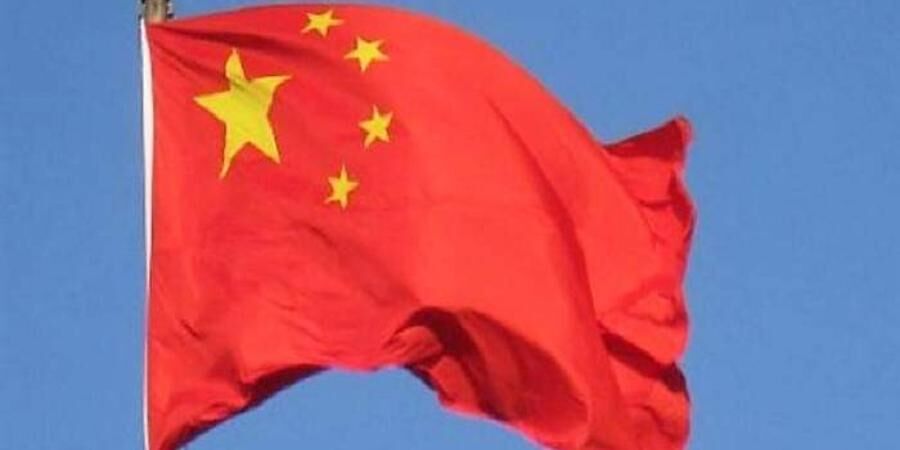Uncovering the truth

Months into the COVID-19 pandemic last year, Australia made a seemingly innocuous push for an international inquiry into the origins of COVID-19. Australia specified that it wished for an impartial, comprehensive and independent investigation into the origins of the pandemic. This was not an unimaginable concern. Many nations and organisations had atleast spoken of the need to investigate the origin, Australia simply vocalised it. For the most part, it received widespread support as the World Health Assembly adopted an EU resolution calling for the investigation. As it became apparent later, China was not one of the countries that was keen on such an investigation. Indeed, criticism of Australia's call for an investigation poured in through various channels. The state-run Global Times described Australia as "chewing gum stuck on the sole of China's shoes." China's ambassador to Australia termed the move as a "great betrayal".
China it would seem, took offence to the perception that Wuhan was the source of the virus and that China was somehow responsible for the worldwide spread of the virus due to negligence or other similar reasons. China's pushback against the global perception that it was the source of the pandemic was a manic mix of denials and 'what-about' kind of arguments that simply tried to shift the narrative no matter how outlandish the assertion. China's pushback against Austalia was simply the most direct and confrontational. This, as many experts pointed out, was because Australia has typically been fairly reliant on China economy-wise. China has always shown willingness to use its economic strength to silence criticism from those who wish to do business with it. China did precisely this with Australia when it hit the country's barley imports with an over 80 per cent tariff.
As China was spewing fire on Australia, it is important to note that its leadership was still apparently projecting support for an inquiry into the origins of the virus though it wished for such an inquiry to only happen after the virus was under control. This is just an indication of the tight-rope campaign that China has had to carry out in order to recover its image after the outbreak of COVID-19. Several agencies such as the Pew Foundation reported that foreign perception of China and Chinese leadership was at its all-time low in the wake of what many took to calling the "Chinese virus". China's battle to reclaim its credibility hinged on not only bringing the virus under control and resuming daily life but also on China taking a leading role in helping the world and developing the vaccines. Towards the latter half of last year, there were even several staged demonstrations such as China inviting hundreds of industry leaders to Wuhan after it was declared safe. The largely directed visits aimed to push the point that Wuhan and by relation China was the safest place in the world to do business. China earned many accolades for its apparent containment efforts and its economic revival methods meant that it was the only major country to close the year with positive GDP growth. But the spectre of the original investigation remained. Australia once again boldly called for a thorough investigation and China, on the face of it, agreed. The investigation is set for January and China has welcomed a comprehensive WHO-led investigation. Many however question how open and free this investigation would be. For its part, China has pointed to several emerging studies that show that the virus may have been spreading before the first reported case in Wuhan. China has also been the only country to claim that Covid can be spread through cold-chain imports, a theory that WHO does not support. It is increasingly clear thus, that while China is willing to risk a WHO investigation, things are unlikely to go as planned. While vaccines have distracted the world, for now, it is unlikely that the search for the source of the pandemic (though it will likely fail) will not be sidetracked for long.



